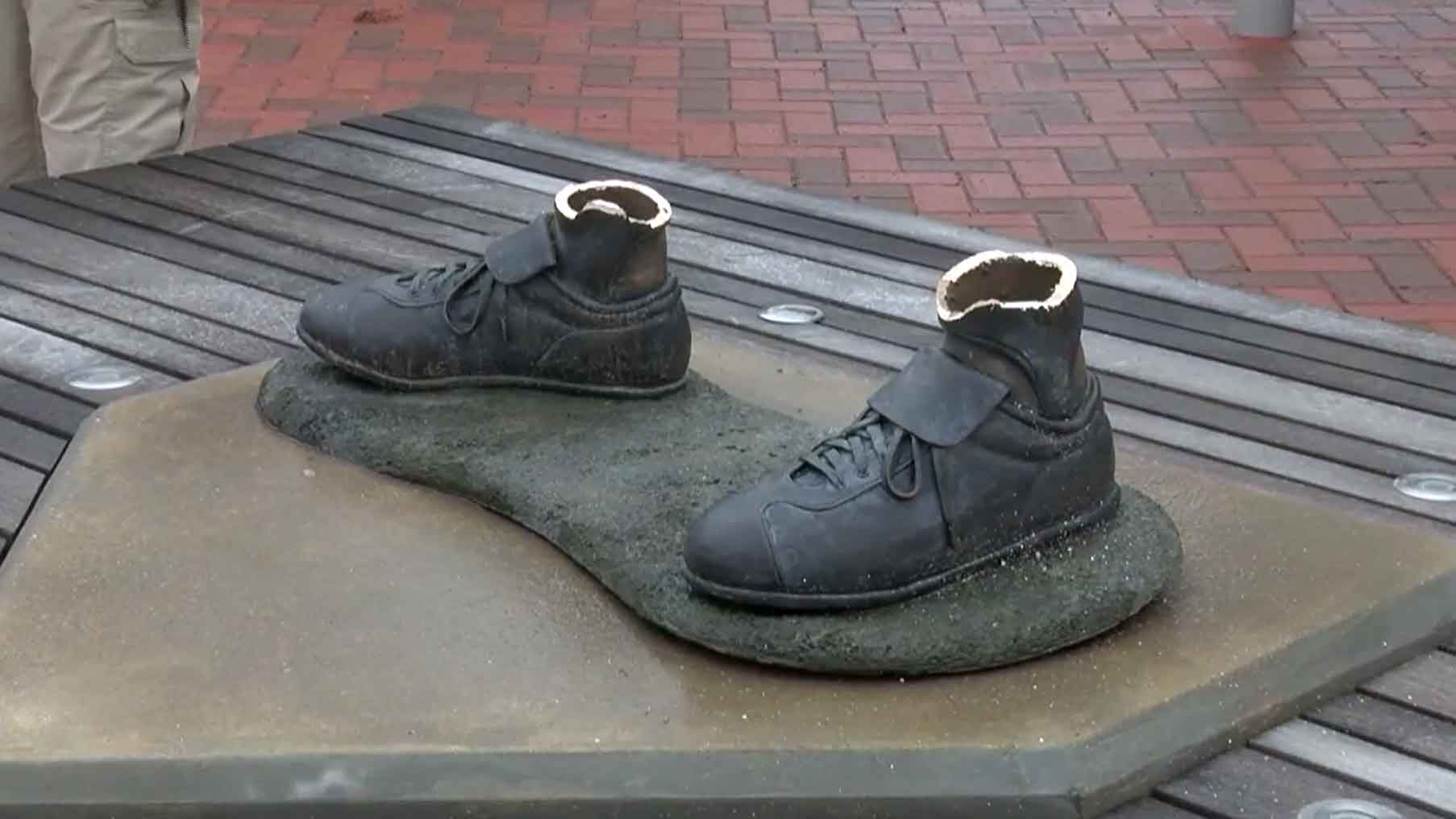
The Supreme Court agreed Monday to a showdown over abortion in a case that could dramatically alter nearly 50 years of rulings on abortion rights.
With three justices appointed by President Donald Trump part of a 6-3 conservative majority, the court is taking on a case about whether states can ban abortions before a fetus can survive outside the womb.
Mississippi, which is asking to be allowed to enforce an abortion ban after 15 weeks of pregnancy, is not asking the court to overrule the 1973 Roe v. Wade decision confirming a woman's right to an abortion, or a decision 19 years later that reaffirmed it.
But abortion rights supporters said the case is a clear threat to abortion rights. “The court cannot uphold this law without overturning the principal protections of Roe v. Wade,” Nancy Northup, president and CEO of the Center for Reproductive Rights, said in a call with reporters.
Get Connecticut local news, weather forecasts and entertainment stories to your inbox. Sign up for NBC Connecticut newsletters.
Even if the court does not explicitly overrule earlier cases, a decision favorable to the state could lay the groundwork for allowing even more restrictions on abortion, including state bans on abortion once a fetal heartbeat is detected, as early as six weeks.
The case probably will be argued in the fall, with a decision likely in the spring of 2022 during the campaign for congressional midterm elections.
Mississippi’s ban had been blocked by lower courts as inconsistent with Supreme Court precedent that protects a woman’s right to obtain an abortion before the fetus can survive outside her womb.
U.S. & World
“States may regulate abortion procedures prior to viability so long as they do not impose an undue burden on the woman's right, but they may not ban abortions. The law at issue is a ban,” Judge Patrick Higginbotham of the 5th U.S. Circuit Court of Appeals wrote in affirming a lower-court ruling that invalidated the law.
The Supreme Court had previously turned down state appeals over previability abortion bans.
More than 90% of abortions take place in the first 13 weeks of a woman’s pregnancy, according to the Centers for Disease Control and Prevention.
John Bursch, vice president of the anti-abortion Alliance Defending Freedom, said the high court has repeatedly held that states can regulate abortions later in pregnancy.
Viability “has never been a legitimate way to determine a developing infant’s dignity or to decide anybody’s legal existence,” Bursch said.
The justices had put off action on the case for several months. Justice Ruth Bader Ginsburg, an abortion rights proponent, died just before the court’s new term began in October. Her replacement, Justice Amy Coney Barrett, is the most open opponent of abortion rights to join the court in decades.
Barrett is one of three Trump appointees on the Supreme Court. The other two, Justices Neil Gorsuch and Brett Kavanaugh, voted in dissent last year to allow Louisiana to enforce restrictions on doctors that could have closed two of the state’s three abortion clinics.
Chief Justice John Roberts, joined by Ginsburg and the other three liberal justices, said the restrictions were virtually identical to a Texas law the court struck down in 2016.
But that majority no longer exists, even if Roberts, hardly an abortion rights supporter in his more than 15 years on the court, sides with the more liberal justices.
White House press secretary Jen Psaki said the Biden administration backs legislation that would write the Roe decision into federal law, regardless of the outcome of the Supreme Court case. The legislation would put an end to state efforts to ban abortion, Northup said.
The Mississippi law was enacted in 2018, but was blocked after a federal court challenge. The state's only abortion clinic remains open. About 10% of its abortions are done after the 15th week, said Shannon Brewer, the clinic director at Jackson Women’s Health Organization.
The case is separate from a fight over laws enacted by Mississippi and other states that would ban most abortions when a fetal heartbeat is detected. Mississippi also is among 11 states with a total abortion ban waiting to take effect if the Supreme Court overturns its Roe decision, according to NARAL Pro-Choice America.
A central question in the case is about viability — whether a fetus can survive on its own at 15 weeks. The clinic presented evidence that viability is impossible at 15 weeks, and the appeals court said that the state “conceded that it had identified no medical evidence that a fetus would be viable at 15 weeks.” Viability occurs roughly at 24 weeks, the point at which babies are more likely to survive.
But the state argues that viability is an arbitrary standard that doesn't take sufficient account of the state's interest in regulating abortion.
The Mississippi law would allow exceptions to the 15-week ban in cases of medical emergency or severe fetal abnormality. Doctors found in violation of the ban would face mandatory suspension or revocation of their medical license.
Also on Monday the Supreme Court:
— Split 6-3 along conservative-liberal lines to rule that prisoners who were convicted by non-unanimous juries before the high court barred the practice a year ago don’t need to be retried. The decision affects prisoners who were convicted in Louisiana and Oregon as well as the U.S. territory of Puerto Rico, the few places that had allowed criminal convictions based on divided jury votes.
— Sided unanimously with a man who sued after police entered his home without a warrant and seized his guns. Police said that the man was potentially suicidal and that they were performing a “community caretaking” function. The justices said authorities can’t use that justification to enter a home without a warrant.
— Ruled 7-1 that an appeals court should take another look at a lawsuit involving global warming that is in its early stages. Lawyers have been arguing over whether the case belongs in state or federal court.
___
Associated Press writer Jessica Gresko contributed to this report.



